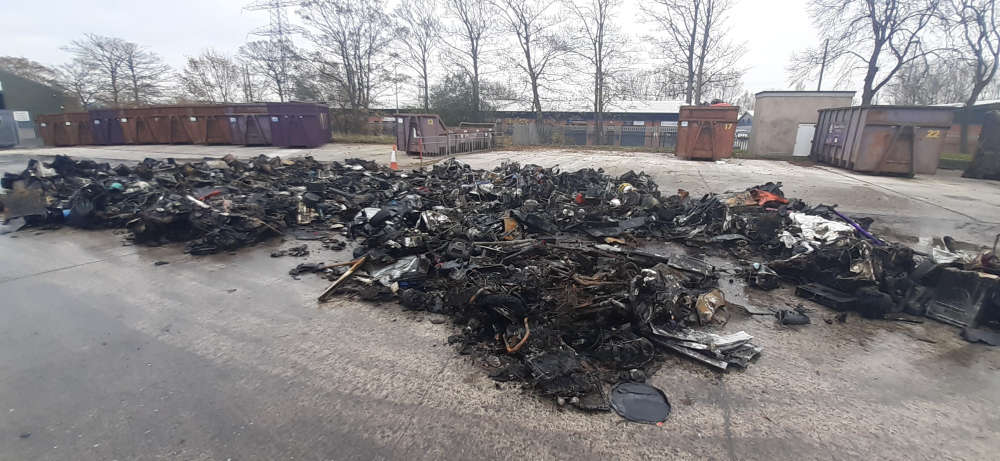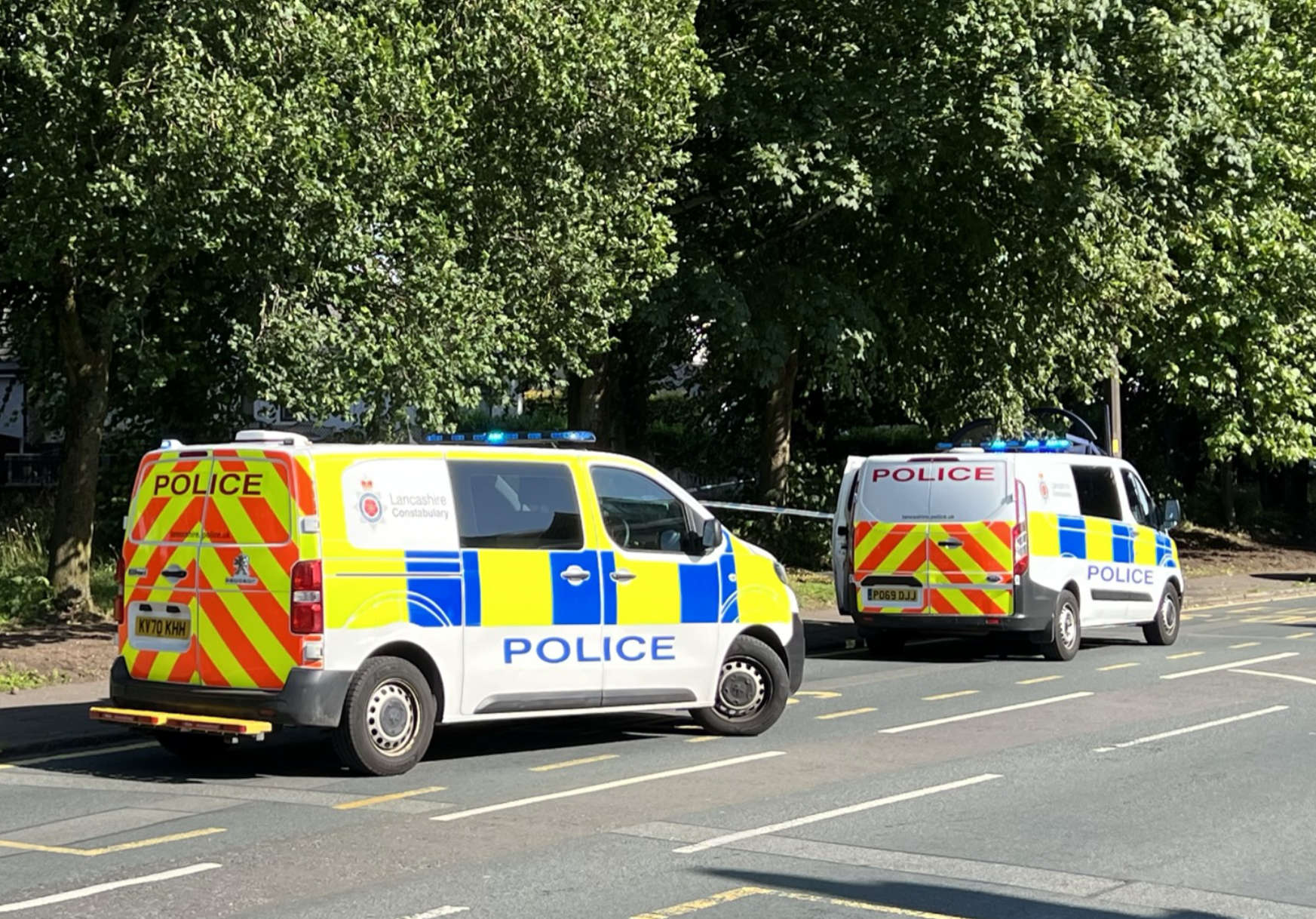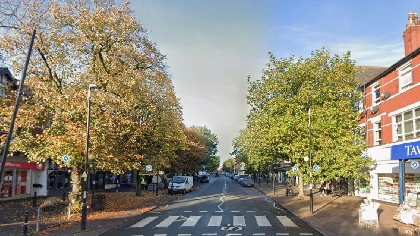
People are being urged to ensure they dispose of batteries responsibly after an e-bike sparked a blaze which closed down Blackpool’s tip.
Thick black smoke billowed from the Bristol Avenue Household Waste Recycling Centre in Bispham after flames broke out in one of the skips at around 2pm on Tuesday (November 5).
Crews from Lancashire Fire and Rescue Service extinguished the fire using foam and were at the scene for three hours. They returned later that night after the fire reignited at about 10pm to put it out again.
Paul Preston, site manager for Enveco which operates the tip for Blackpool Council, said thankfully no-one was hurt as a result of the blaze, with all staff and members of the public quickly evacuated.
He is warning people to take more care when disposing of batteries, especially lithium ion batteries found in e-scooters and e-bikes, which if they catch fire are difficult to extinguish.
He said: “We believe the fire started as a result of an inappropriately disposed of e-scooter or e-bike which unfortunately caught fire.
“We have quite an extensive mound of waste that has been damaged as a result of this fire.
“The message is when you are attending the recycling centre or disposing of any waste including batteries, please remove those batteries whether they are lithium ion or alkaline batteries so they can be disposed of appropriately.
“Both lithium ion and alkaline batteries can be accepted at the Bristol Avenue Household Waste Recycling Centre.”
He also thanked the fire brigade for their quick response in attending the incident.
People should also remove batteries from electrical items they are disposing of in their own general waste bins. All batteries can be recycled by Enveco, which is the council’s waste management company.
They can either be collected in a plastic bag and tied to the general waste bin for collection, or taken to locations such as the tip, libraries or some supermarkets for recycling.
How to dispose of batteries
Blackpool Council’s website warns chemicals including lead, cadmium, zinc, lithium and mercury can cause long-lasting environmental damage due to the “vast amount of single use batteries” discarded in general waste which sees them end up in landfill.
Instead residents should put their dead batteries in a tied plastic bag and place this on top of their grey bin for the usual fortnightly collection date.

 Blackpool MP speaks out on future of much-loved heritage trams after fears raised
Blackpool MP speaks out on future of much-loved heritage trams after fears raised
 Blackpool prepares for upcoming waste and recycling changes
Blackpool prepares for upcoming waste and recycling changes
 Avanti bids to revive lunchtime weekday train from Blackpool to London
Avanti bids to revive lunchtime weekday train from Blackpool to London
 Blackpool firm named in Times top 100 tech firms in UK
Blackpool firm named in Times top 100 tech firms in UK
 Appeal after men seriously injured in A585 bypass collision
Appeal after men seriously injured in A585 bypass collision
 Beat the Blues across Fylde this Blue Monday
Beat the Blues across Fylde this Blue Monday
 MP set for crunch meeting over Norcross roundabout
MP set for crunch meeting over Norcross roundabout
 Essential tree care begins first phase of Clifton Street transformation
Essential tree care begins first phase of Clifton Street transformation








